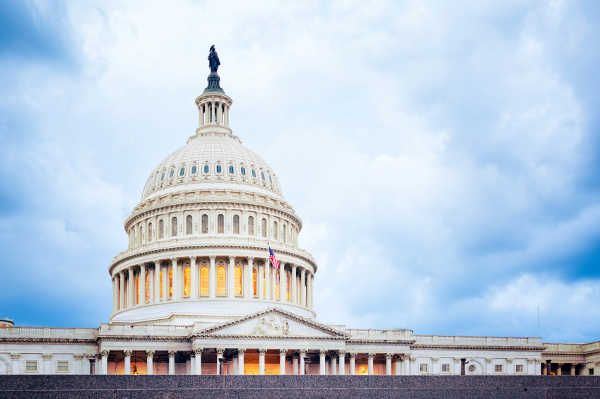Seed industry advocates from more than 18 states will “Storm the Hill” as part of the American Seed Trade Association (ASTA) Legislative Fly-in, March 15 in Washington, D.C. “Storm the Hill” is a unique opportunity for seed-industry partners from every sector and every part of the nation to join together with a unified voice on Capitol Hill, according to ASTA.
“ASTA’s broad membership includes companies of all sizes, production types and varieties — from alfalfa to zucchini and everything in between,” said ASTA President & CEO Andrew LaVigne. “While our industry is diverse, we share the common goal of producing better seed for a better quality of life. From ratification of the International Treaty on Plant Genetic Resources for Food and Agriculture, to GMO labeling and funding for critical research and conservation programs, Congress is debating serious issues that will impact the seed industry’s ability to continue improving seed in the years ahead. Seed is the foundation of life, and the decisions that Congress makes today will have an impact on almost every aspect of society in the future.”
In order to ensure full access to the plant materials needed for continued innovation, ASTA members involved in research and development are focusing on the following legislative priorities during the fly-in: ratification of the International Treaty on Plant Genetic Resources for Food and Agriculture; and increased funding for the National Plant Germplasm System and Germplasm Enhancement Maize (GEM) Project.
Members of ASTA’s Environment and Conservation Seed Committee are focusing on the following three legislative priorities: the need for Congressional oversight in the implementation of the National Seed Strategy; the importance of close collaboration between USDA, DOI and the seed industry on pollinator strategies; continued investment in USDA FSA and NRCS Conservation Programs; and full funding for the USDA-NRCS Plant Material Centers.
“Storm the Hill” participants are calling for passage of S.2609 to create a uniform, national solution for the labeling of foods made with GMO ingredients and seeds that have transgenic traits, and to prevent a patchwork of state labeling laws. Additionally, they are urging Congress to pass the Trans-Pacific Partnership (TPP) and move an aggressive trade agenda so the U.S. can complete on a more level global playing field.













